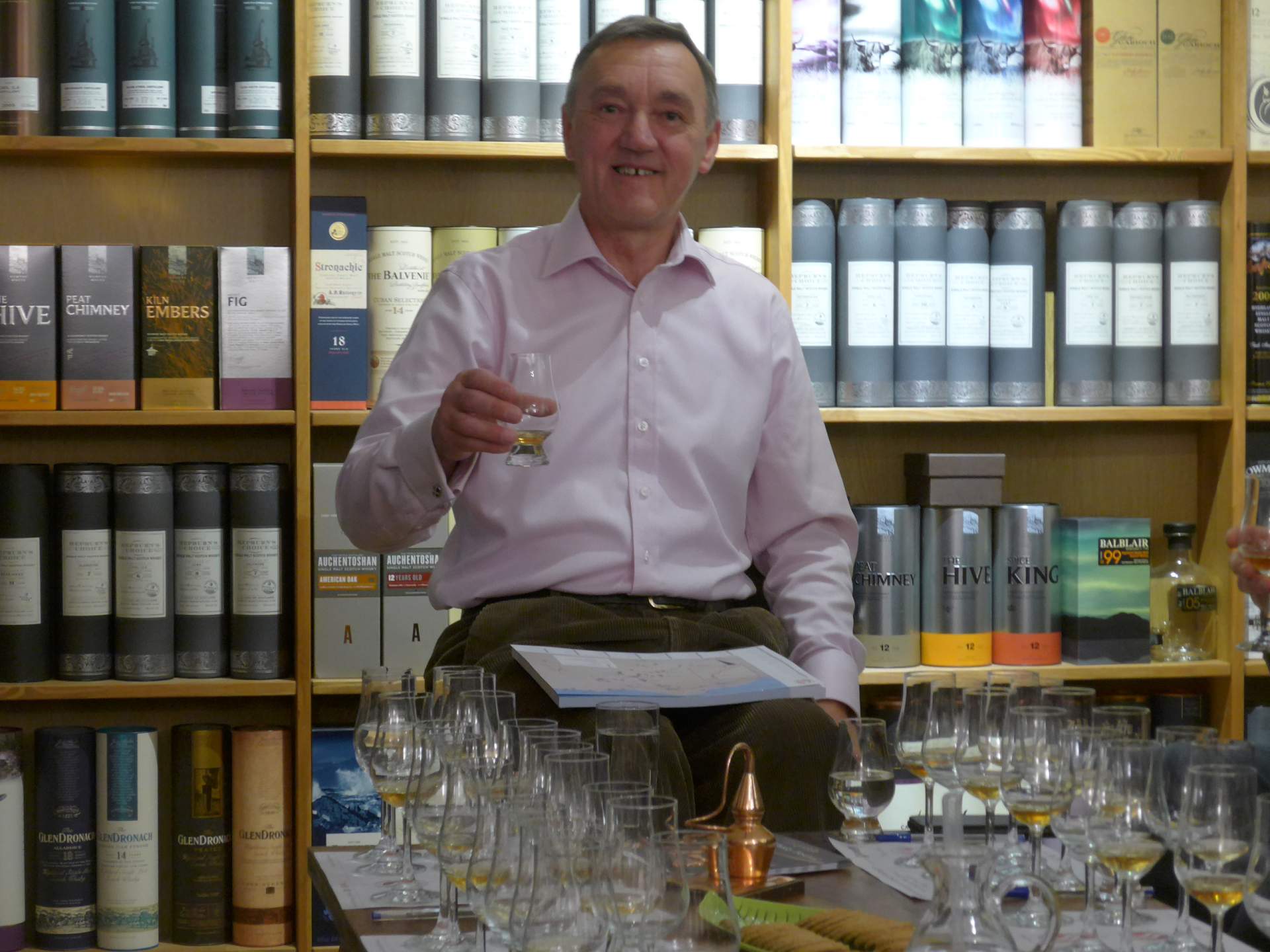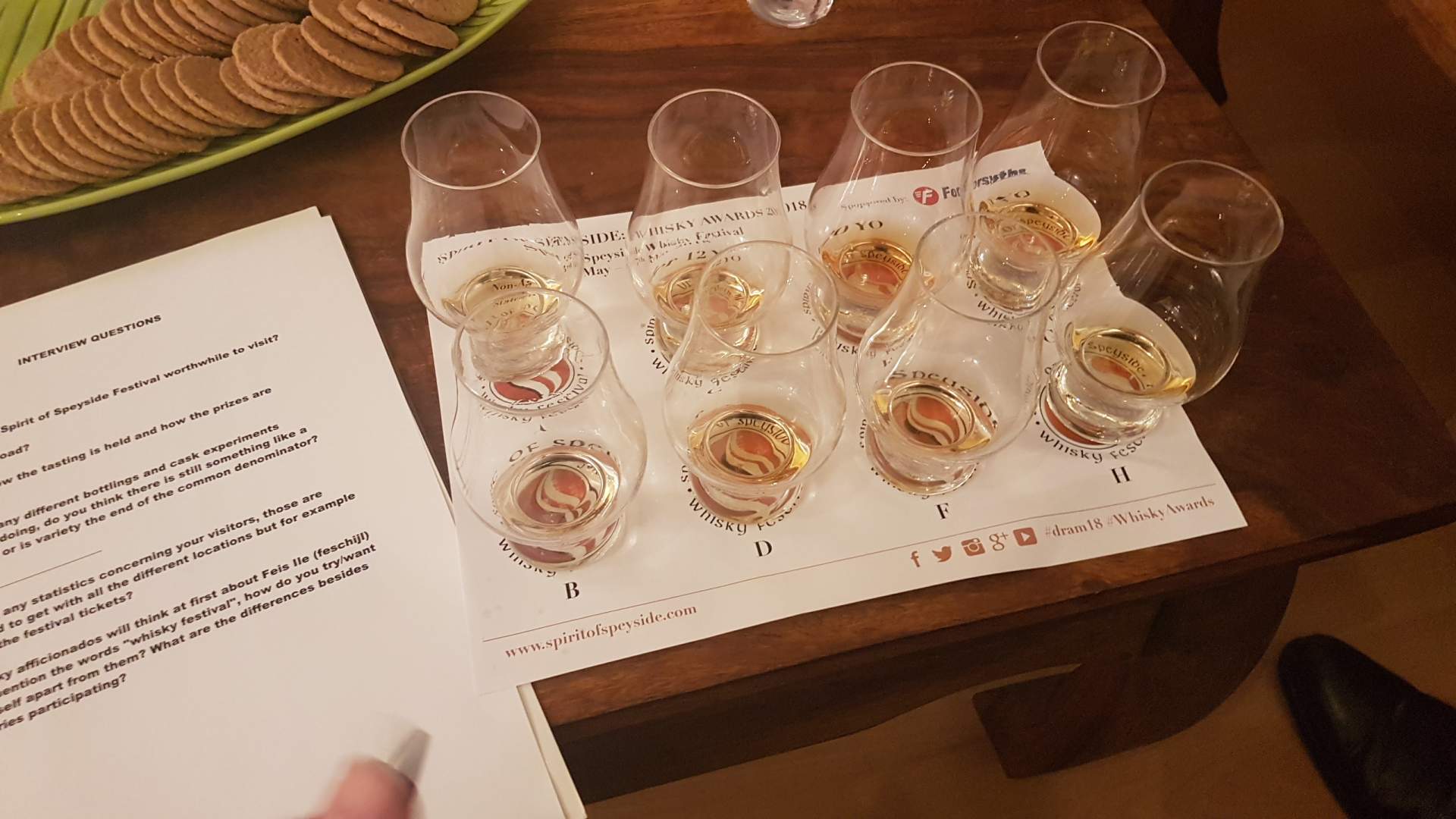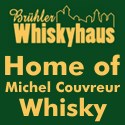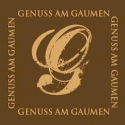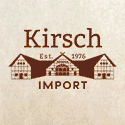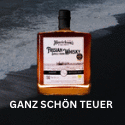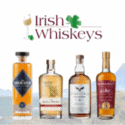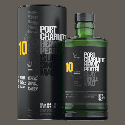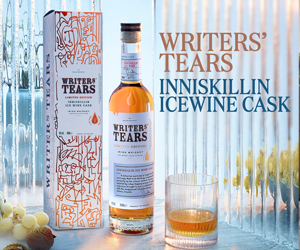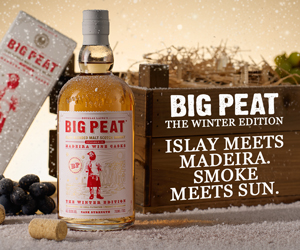Vor gut einer Woche fand in Köln eines der internationalen Juroren-Tastings für die Preisverleihungen beim diesjährigen Spirit of Speyside Festival statt. Anwesend war dort auch der Chairman und Director des Festivals, James Campbell.
Uns selbst war es zwar nicht möglich, am Event teilzunehmen, können aber dank des Berichts unseres Gastautors Robin D. Strippel darüber berichten. Er hat nicht nur seine Eindrücke von dort in Text und Bild festgehalten, sondern auch einige zuvor abgesprochene Fragen von uns zu James Campbell mitgenommen, die dieser dann freundlicherweise beantwortete. Finden Sie nachfolgend den Rahmenbericht von Robin D. Strippel und unsere Fragen an James Campbell: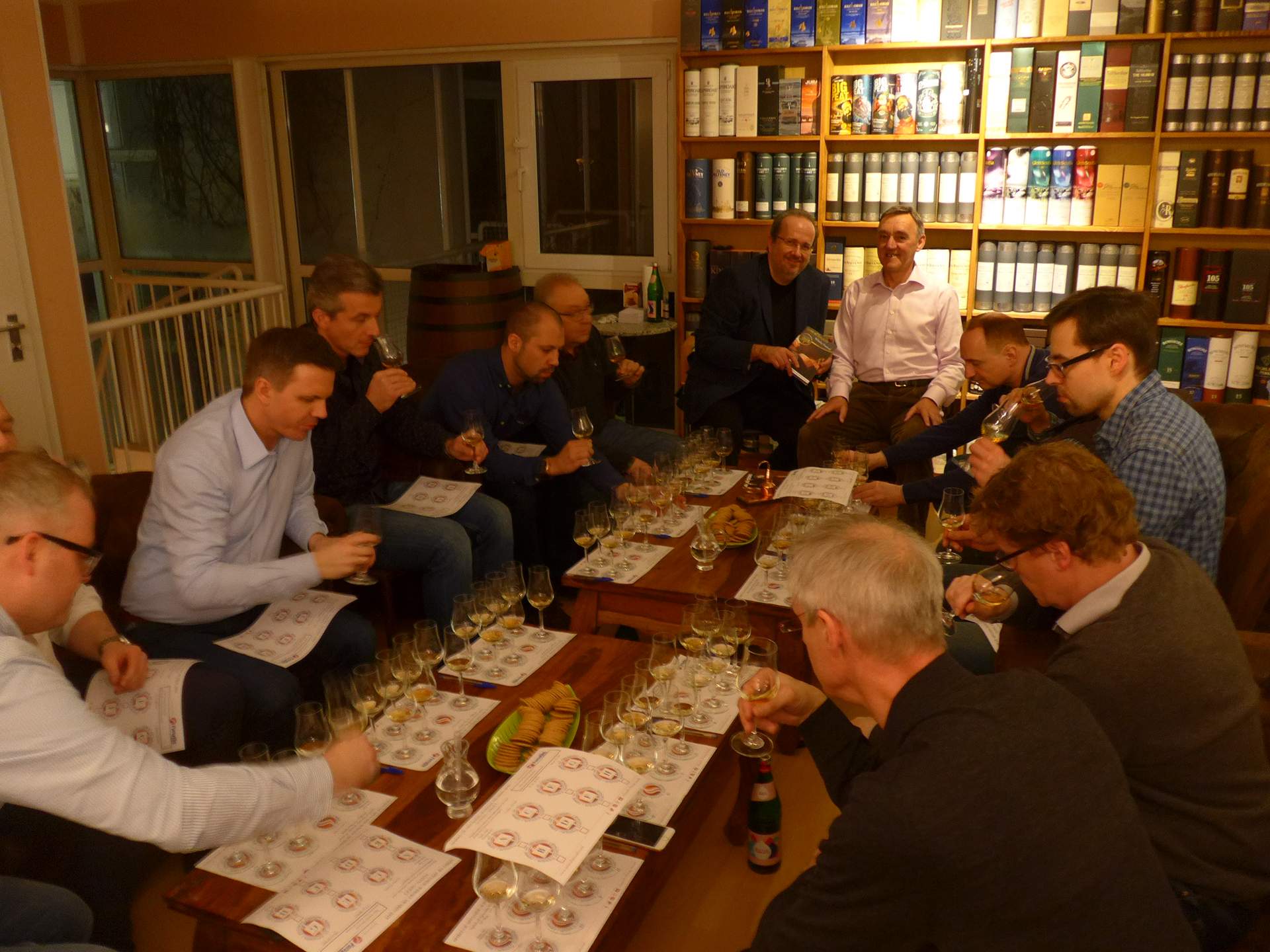
Das Spirit of Speyside Whisky Festival wurde 1999 zum ersten Male veranstaltet und sollte alljährlich das schottische Nationalgetränk und seine besondere Rolle insbesondere für die Speyside zeigen. Es ist seitdem zum größten Event seiner Art weltweit geworden mit über 500 Whisky-bezogenen Events innerhalb von 5 Tagen, eröffnet durch ein exlusives Opening Dinner bei dem alle großen Namen der Speyside vertreten sind. Inzwischen hat sich das Festival stark vernetzt und hat Partner in vielen Bereichen und jeder Region der Speyside, sowie Unterstützer und Sponsoren aus der gesamten Branche.
Dieses Jahr, vom 03. bis zum 7. Mai, werden wieder Whisky-Connaisseure aus aller Welt in das Herz Schottlands kommen um in über 50 Locations an zahlreichen Events und Tastings teilzunehmen und darüber zu berichten.
Im Jahr 2016 fand das Voting für den Spirit of Speyside Festival Award nach 18 Jahren zum ersten Mal außerhalb Schottlands, in Köln statt. Damals noch als Experiment ins Leben gerufen von Peter Klas, Inhaber des Whiskyshops Scotia Spirit Cologne und James Campbell, Chairman des Festivals. Nun wurde aufgrund des großen Erfolgs das Event nicht nur wiederholt, sondern auf zwei weitere Städte ausgeweitet: Amsterdam und New York.
Im mittlerweile 20. Jahr vergibt das renommierte schottische Whiskyfestival einen Preis für die besten Whiskys des Jahres aus der Region Speyside, in der immerhin über 40 Brennereien liegen und die damit die größte whiskyproduzierende Region Schottlands ist.
Am 16.03. konnte erneut eine Gruppe von Whisky-Fans in Köln ihre Stimme für ihre Favoriten abgeben, bei der Gelegenheit konnte ein ausgiebiges Interview beim Tasting geführt werden.
Interview with Chairman & Director, James Campbell:
Whiskyexperts: What makes the Speyside Festival worthwhile to visit?
James Campbell: The Speyside festival is held in over 50 different venues and locations spread throughout the whole region so you have a lot to see and experience surrounding your trip.
There are so many thing to do, you have a lot of distilleries, last year for example Longmore, Tormore, Tamdhu, Balmenach and others who have the possibility of a distillery tour only during the Speyside Festival, the rest of the year they are not opened for visitors. You have very exclusive tastings, whisky auctions, dance and folk events where you can meet whisky writers, bloggers, experts, casual friends as well as all kinds of interesting characters from around the whole world and dozens of other things. We have of course the Awards as a unique Festival event, our Whisky School and the opening and Closing Ceilidhs. We, the Speyside, are basically a miniature version of all of Scotland, you can visit mountains with ski-runs on your visit around the region as well as deep forests or lovely beaches and beautiful old towns.Whiskyexperts: Why judging abroad?
James Campbell: Actually that was an idea Peter and myself had together. I know him since many years and when he opened his shop and we sat down here in Cologne he asked me what I’d think about making a judging or event abroad involving our Speyside Festival. We talked about it for the next hours and the actual idea was born and planned out. Some months later already we had our first judging abroad here in Cologne. It’s just a great way to show how the whisky community gets together around the world, something you see in Scotland at the Festival too, people from China, from the US and from Germany talk, dance with each other, drink whisky and celebrate. The judgings abroad show this kind of spirit too and just months after we started it in Cologne we got several requests from our contacts around the world to expand it to other countries and have it at their shops and whisky clubs too. After 3 years now, 2 of them with several locations, we also find it very interesting how different the countries vote, last year for example Canada and Germany had similar results on the different categories while Amsterdam was closer to the Scottish voters.
Whiskyexperts: Tell us about how the tasting is held and how the prizes are determined
James Campbell: As you can see we have four categories this year during the tastings: NAS, 12 years and under, 13-20 years and 21 years and over. In each category you compare two competitors and decide which one of the two you like more and after all of them you decide which one is your overall winner.
Concerning the whole process our awards are pretty unique in some ways. The judging takes place in two stages. The first round is a blind nosing and tasting of some great Speyside’s malts by our selected judges, the whiskies for the awards are submitted by the distilleries. In the jury are Bloggers, important people from the whisky industry in the Speyside, also one of our former Festival directors, you can find them on our website.
After that two whiskies from each of the four categories are shortlisted and go forward to the Roving Whisky Awards Judging and Tasting, where visitors and locals can cast their vote during the Festival. Between these two stages of course the international votes for example from Cologne are added to the pool.
We are the award where the real experts, the whisky consumers themselves, have the final and most important vote about who gets the honor to be the winner.
We always work on our judging process and the given rule sets, for example last year was the first time we had the NAS-category. This year there were no whiskies allowed which cost more than 400 Pounds to make it more even especially in the category with the oldest bottlings.Whiskyexperts: Despite the many different bottlings and cask experiments distilleries are doing, do you think there is still something like a Speyside style or is variety the end of the common denominator?
James Campbell: That’s an interesting question but just one week ago I had a dram with a friend, a Speyside bottling from the 70s, bottled in the 80s and it was finished in a Madeira cask. That’s just one example of many. We always had these “experiments”, in Speyside as well as other regions. We welcome them now even more because the different interesting results can match the taste of new whisky fans around the world. Most of them are just finishes what is a tradition we had with Bourbon/Sherry casks too even earlier. Even within the Speyside we have very different types of distilleries so it’s not just about the finishes defining a Speyside character. But there will always be a very basic resemblance in the core ranges from Speyside distilleries despite this welcomed creativity.
Alle Bildrechte bei Robin D. Strippel


